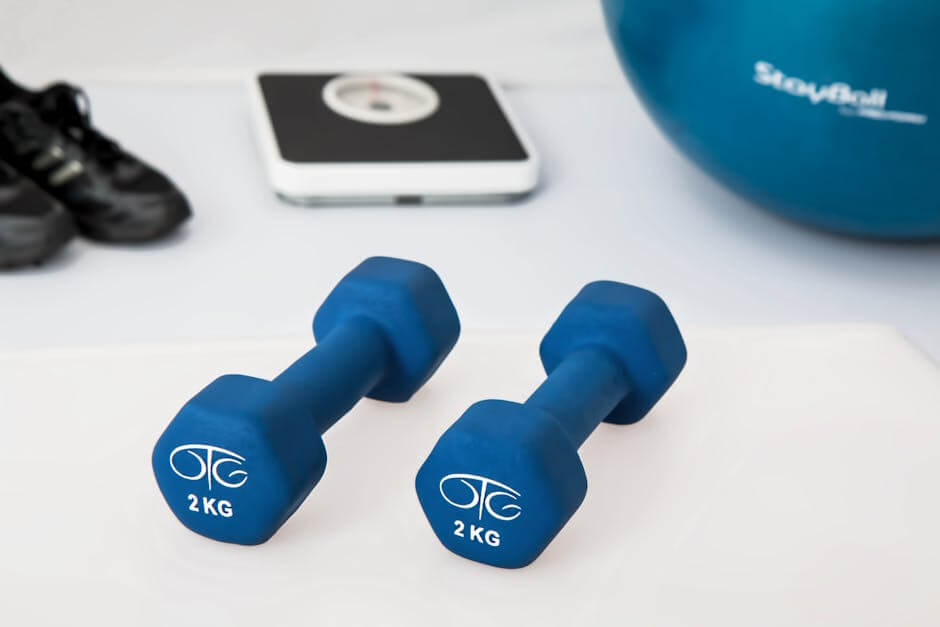Losing weight can be a challenging journey, but with the right approach, it's entirely achievable. Here are eight evidence-based weight loss tips to help you shed pounds and improve your overall health:
**1. Set Realistic Goals:**
Don't aim to lose 20 pounds in a month. Setting unrealistic goals can lead to disappointment and discouragement. Instead, focus on losing 1-2 pounds per week, which is a sustainable and healthy rate.
**2. Eat a Nutrient-Rich Diet:**
Focus on consuming whole, unprocessed foods such as fruits, vegetables, lean protein, and whole grains. These foods are rich in fiber and nutrients, which can help keep you feeling full and satisfied.
**3. Reduce Calorie Intake:**
To lose weight, you need to create a calorie deficit. Track your calorie intake using a food tracking app or consult with a registered dietitian to determine the appropriate calorie deficit for your individual needs.
**4. Exercise Regularly:**
Incorporate regular exercise into your routine. Aim for at least 150 minutes of moderate-intensity exercise or 75 minutes of vigorous-intensity exercise per week. Exercise helps burn calories and build muscle, which boosts metabolism.
**5. Get Enough Sleep:**
When you're sleep-deprived, your body produces more of the hormone ghrelin, which stimulates hunger. Aim for 7-9 hours of quality sleep each night to help regulate your appetite and promote weight loss.
**6. Manage Stress:**
Chronic stress can lead to emotional eating and weight gain. Find healthy ways to cope with stress, such as exercise, yoga, meditation, or spending time in nature.
**7. Stay Hydrated:**
Drinking plenty of water can help increase satiety, reduce calorie intake, and boost metabolism. Aim to drink eight glasses of water per day.
**8. Seek Professional Help:**
If you're struggling to lose weight on your own, don't hesitate to seek professional help from a doctor, registered dietitian, or therapist. They can provide personalized guidance, support, and motivation to help you reach your weight loss goals.

